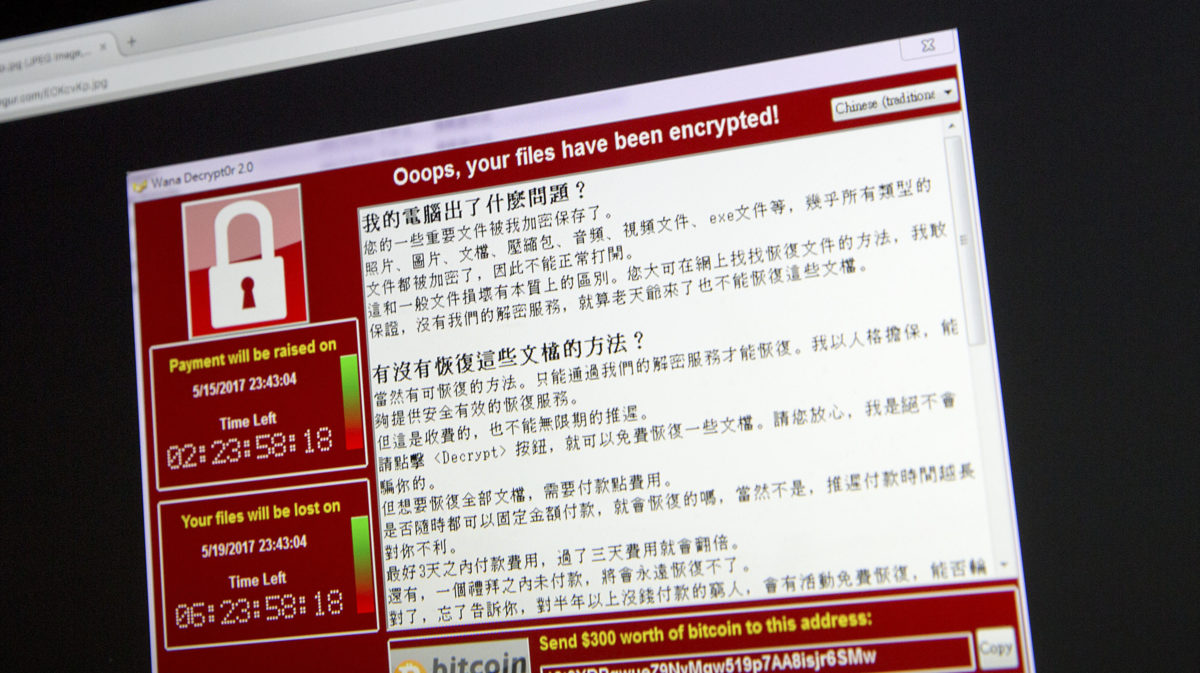On Monday the Atlanta Municipal Court announced that for the first time since the ransomware attack on March 22, traffic court is in session. Appearing in court is the only way to deal with traffic violations, but a city spokesperson confirmed no penalties for missed appointments will be administered until everything has been restored.
It’s been nearly four weeks since a ransomware attack crippled the city’s computer system and interrupted many city services. Water and sewer bills are also still only payable by check or money order, in person or by mail.
Julie Tracy, an Atlanta resident who has not been able to pay a minor traffic violation, has been frustrated by a lack of clear information from the city.
She said she only figured out she could not pay her fine without contest online after she commented on a post on the court’s Facebook page.
“You have to provide the same information on your official government website where people are going, because that’s the link provided on the back of the ticket,” she said.
She now has two days notice to make her court date.
A similar malware attack hit the Colorado Department of Transportation in late February. It has taken seven weeks to get things 90 percent back to normal.
David McCurdy heads up the state of Colorado’s IT office. He declined to comment specifically about the Atlanta attack, but said about three weeks into their own recovery, Colorado was doing “in-depth research” on exactly who had been the culprit, why it had happened and what systems were affected.
He said everyone should be prepared for a cyberattack.
“If you listen to most professionals, they’ll say it’s not if, it’s when, but what you do in the meantime and whether you’re prepared to recover makes all the difference.”
He said Colorado installed a backup system just last year, which helped them avoid having to rebuild all their systems.
“We did need to restore some of those systems, but a large majority we were just able to validate and move forward with.”
Days after the cyber-attack, Atlanta Mayor Keisha Lance Bottoms admitted cybersecurity was not originally a priority of her administration, but now it’s moved to “the front of the line.”
McCurdy said Atlanta is one of several municipalities that has reached out to Colorado for advice.










